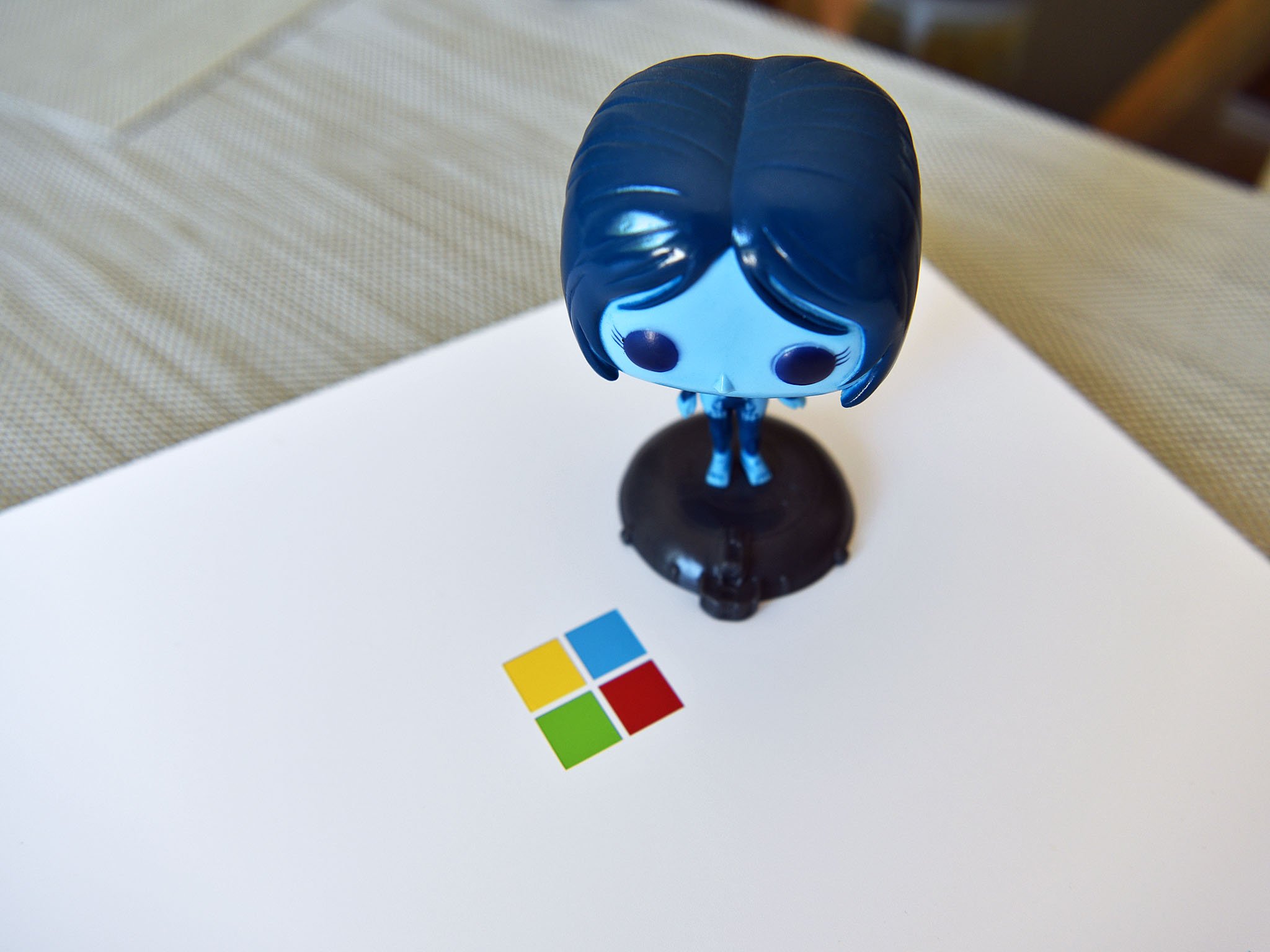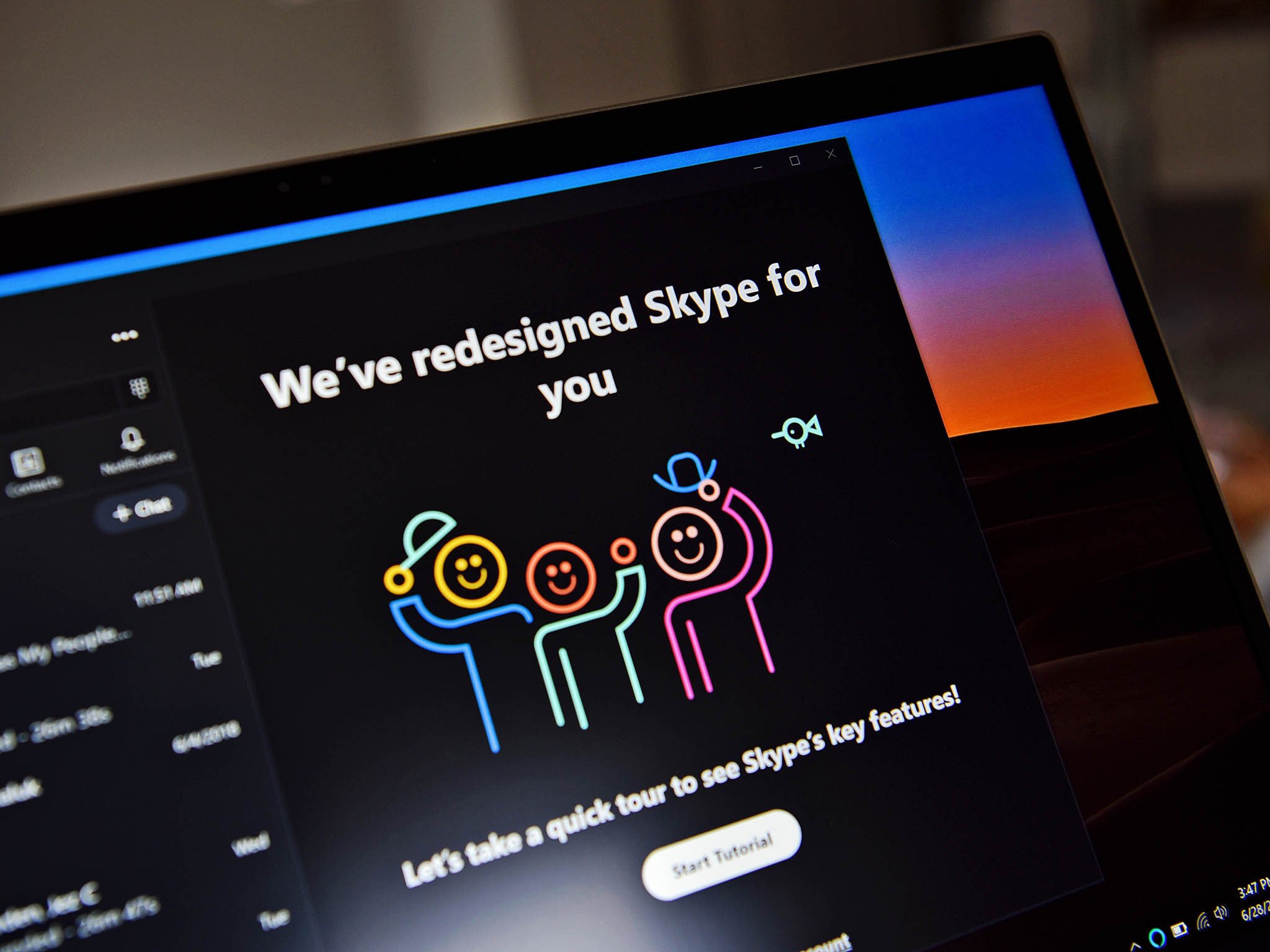Microsoft finally gives you control over your voice clips
Microsoft is giving people more control of how their voice data is used.

All the latest news, reviews, and guides for Windows and Xbox diehards.
You are now subscribed
Your newsletter sign-up was successful
What you need to know
- Microsoft is moving to an opt-in setup for people to submit voice clips to improve its products.
- Microsoft came under fire in 2019 when it was reported that its employees and contractors listened to voice clips to improve services.
- Microsoft stopped storing voice clips processed by speech recognition software in October 2020.
Microsoft is rolling out updates to its services that will make sure people can control how their voice data is used by the company. People will be able to decide if their voice clips are used at all. Additionally, they will have a greater understanding of how voice clips are used if they do opt-in to have voice data used to improve Microsoft's products. Microsoft explained the changes in a recent blog post and also has an FAQ page on the topic.
In the future, people will have to opt in to have voice clips used to improve Microsoft's voice services. Microsoft uses voice clips to improve its AI systems, which sees better results with larger samples of data. While more voice clips are useful to teaching AI, Microsoft is making sure that people choose if they want their voice clips shared.
In the past, when you used Microsoft services that rely on voice, such as Microsoft Translator, SwiftKey, and Cortana, clips of your voice could be used to improve the service. That process involved Microsoft employees or contractors listening to clips.
Microsoft came under fire in August 2019 when it was reported that human employees were listening to Skype calls and Cortana enquiries as part of Microsoft's efforts to improve services. The story made headlines as some clips included people discussing weight loss, relationship issues, and having phone sex.

At the time, Microsoft's terms and conditions explained that calls were recorded, but did not explicitly state that humans were involved. While Microsoft removed identifying data from calls, people were upset that calls were listened to by vendors and employees.
Microsoft stopped storing voice clips processed by its speech recognition technology on October 30, 2020, which is notably over a year from when the company met initial criticism.
Now, Microsoft is focusing on "meaningful consent" and making sure that people understand how their audio data will be used.
All the latest news, reviews, and guides for Windows and Xbox diehards.
"This new meaningful consent release is about making sure that we're transparent with users about how we are using this audio data to improve our speech recognition technology," said Neeta Saran, a senior attorney at Microsoft.
Over the coming few months, Microsoft will roll out its new settings for voice clips to Microsoft Translator, SwiftKey, Windows, Cortana, HoloLens, Mixed Reality and Skype voice translation.
Microsoft notes in its blog post that it may still use automatically transcribed conversations and other information:
While Microsoft employees and contractors will only listen to voice clips with user permission, the company may continue to access information associated with user voice activity, such as the transcriptions automatically generated during user interactions with speech recognition AI. The details of how that works are described in the terms of use for individual Microsoft products and services, the company said.

Sean Endicott is a news writer and apps editor for Windows Central with 11+ years of experience. A Nottingham Trent journalism graduate, Sean has covered the industry’s arc from the Lumia era to the launch of Windows 11 and generative AI. Having started at Thrifter, he uses his expertise in price tracking to help readers find genuine hardware value.
Beyond tech news, Sean is a UK sports media pioneer. In 2017, he became one of the first to stream via smartphone and is an expert in AP Capture systems. A tech-forward coach, he was named 2024 BAFA Youth Coach of the Year. He is focused on using technology—from AI to Clipchamp—to gain a practical edge.
